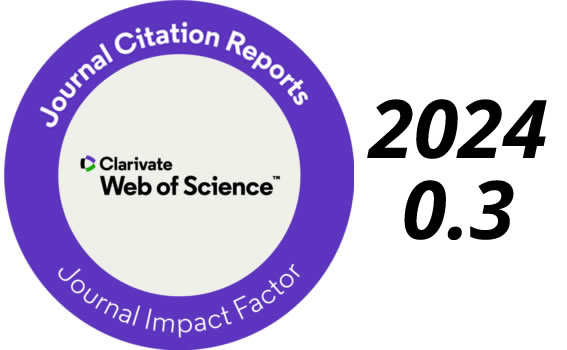Desarrollo micro-regional y capital humano: el caso de Las Cruces, Guanajuato, México
Abstract
In Mexico, social work developed within urban and peasant communities can be portrayed by its vertical communication styles and asymmetric social relationship between agents of social institutions and community members. These styles of social intervention are based on the assumption that poor people lack of knowledge and culture and are therefore incapable for designing on their own community development strategies. This common view is deeply questioned by our article which presents an experience of social intervention within a Mexican peasant community that was based from the very beginning on the active participation of peasant women in all stages of the development project: self-diagnosis, design, planning and execution. The results we achieved invalidate common stereotypes which legitimate paternalistic and authoritarian ways of social intervention. The article describes the intervention strategies and the different methodologies which were adopted in order to enhance communitarian participation.Downloads
Published
2005-01-01
How to Cite
Rodríguez Gutiérrez Everardo, ., Rodríguez Herrera Jorge Alberto, ., & Aguilar Salinas Luis Enrique, . (2005). Desarrollo micro-regional y capital humano: el caso de Las Cruces, Guanajuato, México. Tecnología Y Ciencias Del Agua, 7(1), 41–69. Retrieved from https://www.revistatyca.org.mx/index.php/tyca/article/view/319
Issue
Section
Notes
License
By Instituto Mexicano de Tecnología del Agua is distributed under a Creative Commons Attribution-NonCommercial-ShareAlike 4.0 International License. Based on a work at https://www.revistatyca.org.mx/. Permissions beyond what is covered by this license can be found in Editorial Policy.









